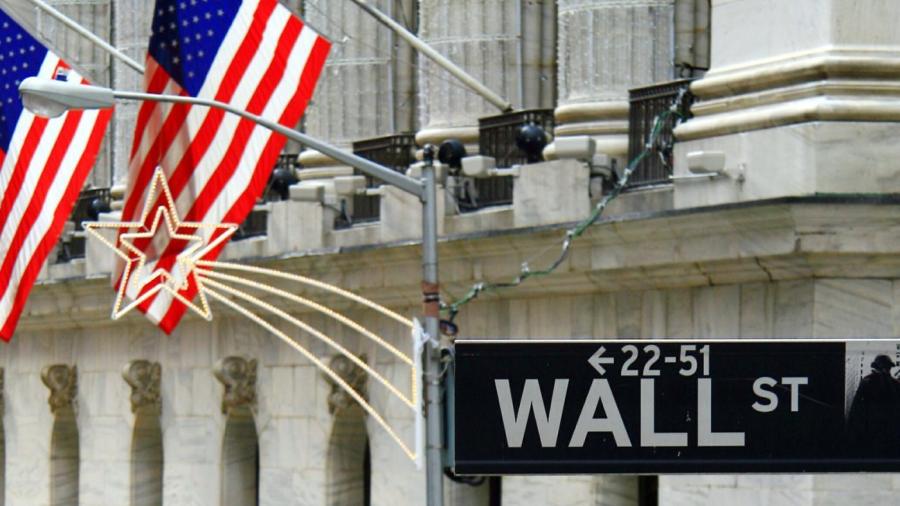What Countries Have a Market Economy?

Countries whose economies attract minimal involvement of the government have a market economy. According to a 2013 Index of Economic Freedom, the United States, Canada, Denmark, the United Kingdom, Hong Kong and Mauritius have a market economy. Most market economies have a degree of state-dictated planning and are thus categorized as mixed economies.
A market economy contrasts with a planned model because in the former, forces of demand and supply dictate business decisions. The economies are characterized by little government spending and enhanced property rights. Their businesses enjoy more independence in the formulation of their fiscal, labor, investment and trade policies.
Although the United States is rooted as a market economy, the involvement of its government makes it a mixed variation. For example, the economy is subject to substantial government regulation, agricultural subsidies and extensive funding for research and development.
There exists varying models defining the extent to which governments can influence the market economy and address its short comings. With capitalist markets, the private sector largely or entirely owns and operates production processes for a profit. In such markets, only supply and demand dictate prices of goods. Most western economies are capitalist. Economies in socialist countries, such as China and Yugoslavia, enjoy little freedom.





